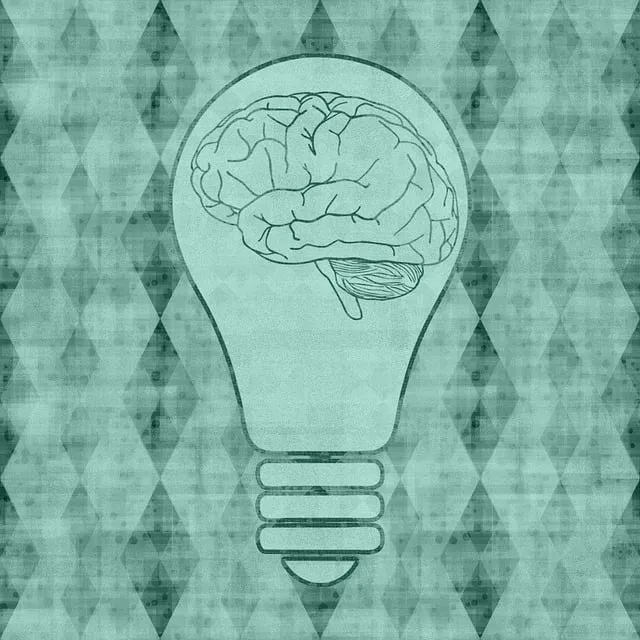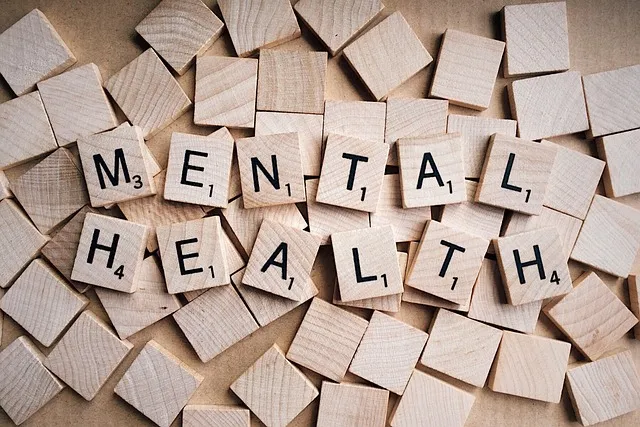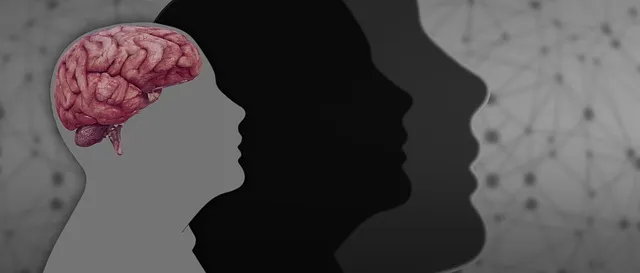Social skills training through organizations like Englewood Kaiser Permanente empowers individuals with mental health conditions to navigate interpersonal interactions confidently, fostering a sense of belonging and improving emotional intelligence. This holistic approach integrates social activities into self-care routines, providing vital support systems for long-term healing and recovery, as highlighted by their specialized programs and group therapy sessions facilitated by the Englewood Kaiser Permanente mental health number.
Social skills training is a powerful tool for managing mental health conditions, offering individuals the chance to connect and communicate effectively. This comprehensive guide from Englewood Kaiser Permanente explores the intricate link between social skills and mental wellness, delving into specific challenges faced by those with conditions like anxiety or depression. We provide practical strategies, from communication techniques to group therapy benefits, empowering individuals to build supportive networks and engage actively in their communities, enhancing overall well-being.
- Understanding the Link Between Social Skills and Mental Health
- Identifying Challenges in Social Interaction for Individuals with Conditions
- Strategies for Enhancing Communication and Connection
- Role of Group Therapy and Support Networks
- Practical Tools for Daily Life and Community Engagement
Understanding the Link Between Social Skills and Mental Health

In the realm of mental health support, social skills training emerges as a powerful tool that can significantly enhance an individual’s overall well-being. Many mental health conditions, such as anxiety or depression, can isolate individuals from their communities and impact their ability to form meaningful connections. By addressing these social barriers, training programs aim to empower people with the necessary tools to navigate interpersonal interactions with confidence. This, in turn, fosters a sense of belonging and improves emotional intelligence, which is key to managing mental health effectively.
Englewood Kaiser Permanente’s mental health services, for instance, recognize the deep connection between a person’s social life and their emotional state. Their approach includes teaching essential communication strategies tailored to individual needs. Developing self-care routines that incorporate social activities can be transformative, as it promotes healthy relationships and provides a support system crucial for managing challenges related to mental health conditions. Understanding this dynamic relationship is a game-changer in the journey towards holistic healing and recovery.
Identifying Challenges in Social Interaction for Individuals with Conditions

Many individuals with mental health conditions face unique challenges when it comes to social interaction. Conditions such as anxiety disorders, depression, or schizophrenia can significantly impact an individual’s ability to engage in everyday conversations, interpret social cues, and form meaningful connections. These challenges often stem from a variety of factors including distorted thinking patterns, heightened emotional sensitivity, and even physical symptoms that can make social situations overwhelming.
Englewood Kaiser Permanente mental health services provide support for these individuals by offering specialized training programs aimed at enhancing social skills. Through various techniques, like mindfulness meditation and emotional healing processes, individuals learn to manage their responses in social settings, improve communication, and build confidence. Stress management workshops organized by the organization also empower clients with tools to cope with anxiety and stress associated with social interactions, fostering a more inclusive environment for all.
Strategies for Enhancing Communication and Connection

At Englewood Kaiser Permanente mental health services, we understand that effective communication is a cornerstone for managing and improving mental well-being. Implementing Communication Strategies can transform interactions, fostering deeper connections and enhancing support networks. Encouraging active listening, where individuals fully focus on the speaker and attempt to understand their perspective, can create safe spaces for expression and empathy.
Additionally, Self-Awareness Exercises play a pivotal role in promoting healthy communication. By recognizing one’s emotions, thoughts, and triggers, people can choose responses that align with their desired outcomes, leading to more constructive exchanges. These exercises empower individuals to set boundaries, express needs assertively, and build resilience against negative interactions, all of which contribute to Depression Prevention.
Role of Group Therapy and Support Networks

Group therapy sessions play a pivotal role in social skills training for individuals managing mental health conditions. These supportive environments facilitate open communication and foster understanding among peers who may be facing similar challenges. Engaging in group discussions, guided by professionals from Englewood Kaiser Permanente mental health services, allows participants to share experiences, learn coping mechanisms, and build empathy, enhancing their overall well-being. By participating in these groups, individuals can gain insights into navigating social interactions and improve their mood management skills, which are crucial aspects of burnout prevention strategies for healthcare providers.
Moreover, support networks within group therapy provide a sense of belonging and connection, addressing the need for meaningful relationships. These networks encourage participants to offer and receive support, creating a safety net that can be invaluable in managing stress and promoting positive mental health. The Englewood Kaiser Permanente mental health number serves as a reliable resource, offering guidance and access to such therapeutic groups, ultimately contributing to effective burnout prevention among healthcare professionals and improved mood regulation for all participants.
Practical Tools for Daily Life and Community Engagement

Social skills training plays a pivotal role in empowering individuals with mental health conditions to navigate daily life and engage actively within their communities. Practical tools like mindfulness meditation and emotional regulation strategies are integral components of this process. By learning to manage stress and regulate emotions effectively, participants gain confidence in social situations, fostering better interactions and connections.
Moreover, establishing a structured self-care routine development for better mental health becomes more accessible with tailored guidance. Englewood Kaiser Permanente’s mental health number offers valuable resources and support for those seeking such training. Through these practices, individuals can enhance their coping mechanisms, improve communication skills, and build resilient support networks, ultimately leading to improved overall well-being and community integration.
Social skills training plays a pivotal role in enhancing the lives of individuals with mental health conditions. By understanding the connection between social interactions and mental well-being, we can equip people with the tools to navigate social challenges. Through strategies like communication enhancement and group therapy, along with practical daily tools, individuals can build support networks and foster community engagement. For those seeking guidance, Englewood Kaiser Permanente’s mental health services (contact them at [their provided number]) offer specialized programs tailored to these needs, promoting a more inclusive and supportive society for all.






